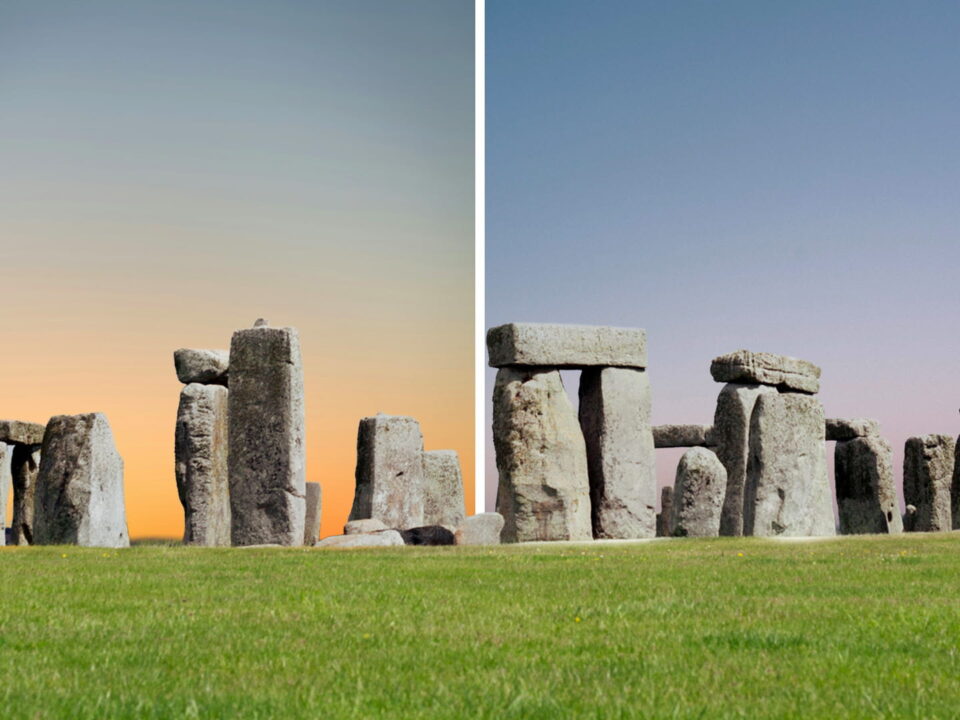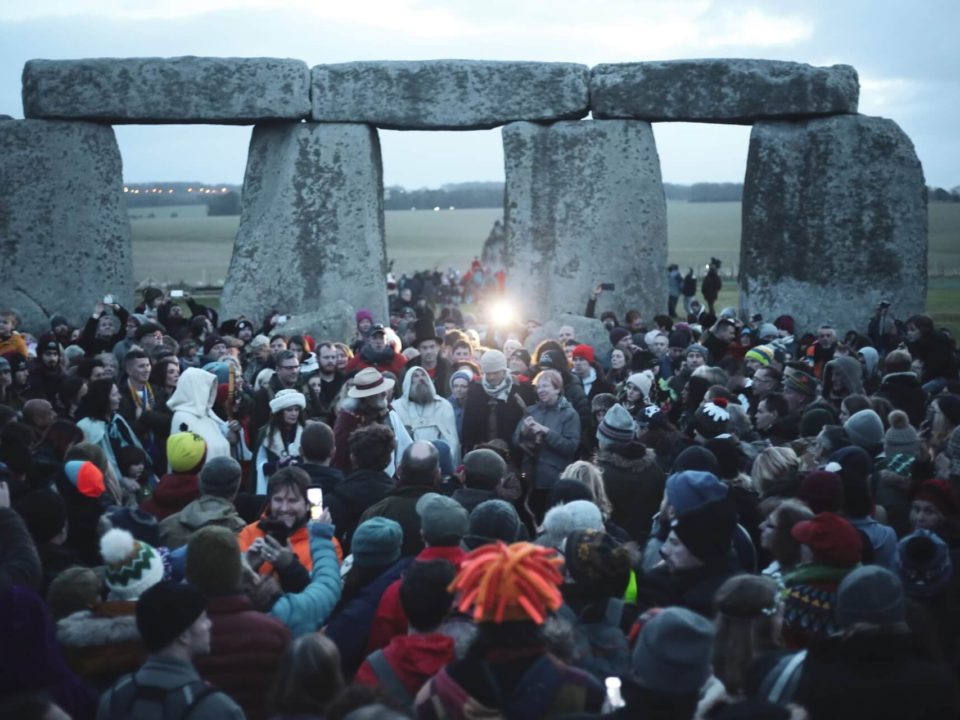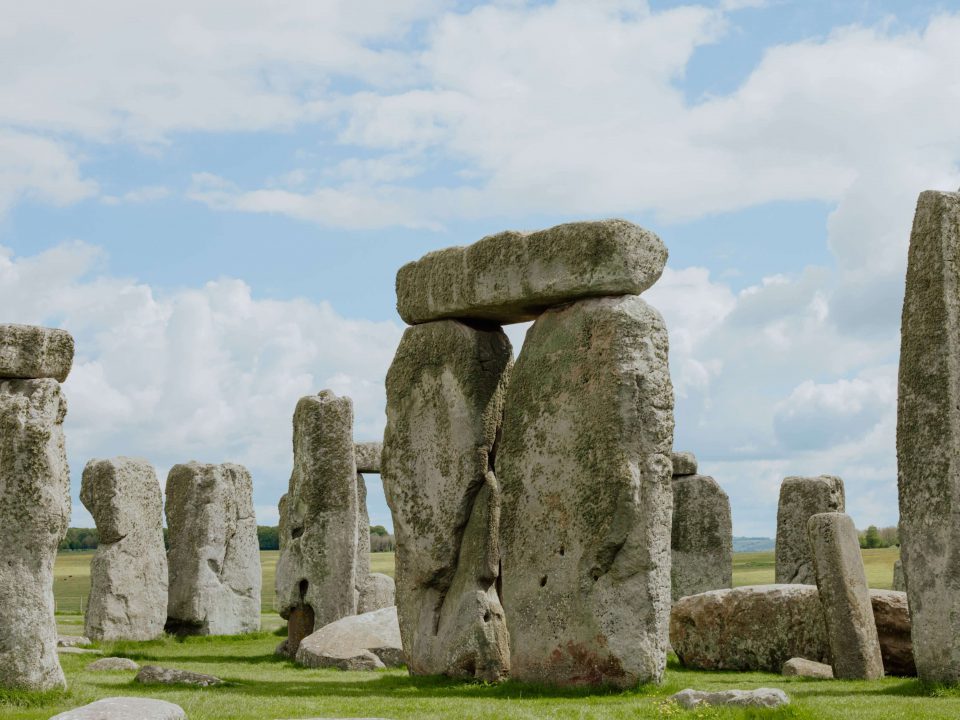Stonehenge Tours from Bath
Stonehenge is a prehistoric monument in Wiltshire, England, built between 3000 BC and 2000 BC. It consists of a ring of standing stones (13ft high, 25 tons each) arranged in a circle, thought to have been used for religious or ceremonial purposes. It's long been a source of mystery and fascination, drawing visitors from around the world.
Stonehenge & Secret England
Love History? Uncover the secrets of Stonehenge up close on a private, guided tour before escaping the crowds into the lush countryside for a journey into extraordinary, quintessential and undiscovered England.

Stonehenge Unearthed
On this half-day tour, you’ll discover deep insights into Stonehenge on a personal, guided tour, with time to admire the stones on your own, visit the exhibition and store, before heading back to Bath.
Ready to uncover the mysteries of Stonehenge?
What to See at Stonehenge
Stonehenge is a prehistoric monument in Wiltshire, England, best known for its iconic stone circle of 30 massive upright stones. Visitors can also see the Heel Stone, aligned with the summer solstice sunrise, along with surrounding earthworks such as the circular ditch and bank. A modern visitor centre features interactive exhibits and reconstructions of prehistoric houses, while walking trails lead through the wider landscape of fields, hills, and ancient burial mounds.
Best time to visit Stonehenge
The best time to visit Stonehenge depends on your preferences. Summer (June to August) offers mild weather and long days, but it is also the busiest period, with larger crowds.
For a quieter experience, spring (April to May) or autumn (September to October) are ideal, with pleasant weather and fewer visitors. Winter (November to February) is less busy and can be atmospheric, especially at sunrise or sunset, though days are shorter and the site is closed on Christmas Day.







